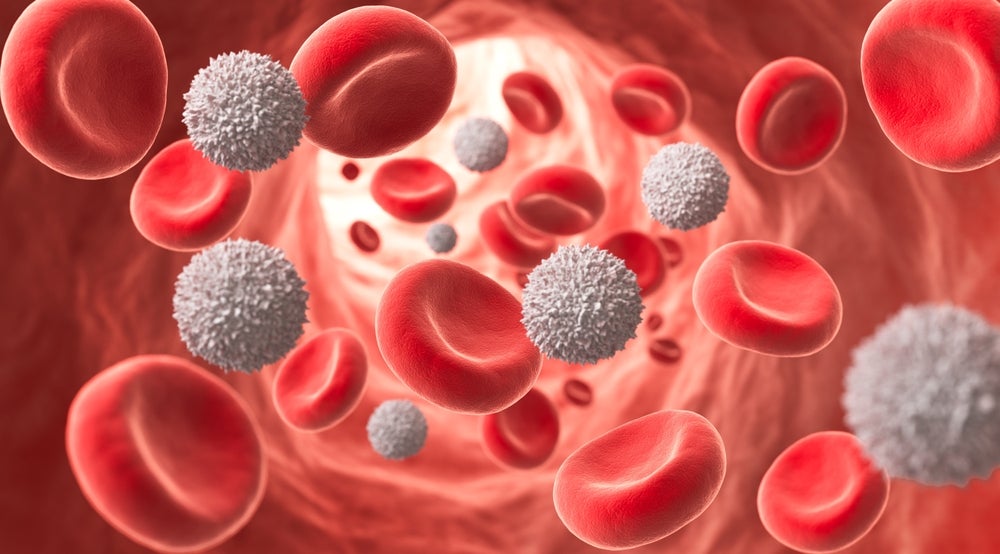The European Medicines Agency (EMA) has accepted AstraZeneca's marketing authorisation application for sipavibart as Covid-19 pre-exposure prophylaxis (preventive treatment) in immunocompromised patients, under an accelerated assessment approach.
A long-acting antibody, sipavibart has been designed to neutralise the spike protein interaction with the ACE2 receptor, providing protection from Omicron and other ancestral viral variants.
Licensed from RQ Biotechnology in May 2022, the antibody has been developed to safeguard immunocompromised individuals from Covid-19. These patients are at a heightened risk of severe outcomes from the disease.
The EMA's Committee for Medicinal Products for Human Use (CHMP) granted sipavibart an accelerated assessment due to its potential for public health and as a therapeutic innovation.
The submission for sipavibart is based on the positive outcomes from the Phase III SUPERNOVA clinical trial.
This international, double-blind, randomised, placebo-controlled trial analysed the efficacy and safety of sipavibart versus control (tixagevimab/cilgavimab or placebo).
The variants of Covid-19 observed during the trial included several different SARS-CoV-2 strains.
Sipavibart prevented symptomatic Covid-19 in immunocompromised individuals versus the control group.
AstraZeneca is also engaging with other regulatory bodies to discuss potential authorisation or approval pathways for sipavibart.
AstraZeneca vaccines and immune therapies executive vice-president Iskra Reic stated: “Immunocompromised patients currently have no options for Covid-19 protection in Europe beyond vaccination, which often is not sufficient to protect them against serious Covid-19 outcomes.
“We are pleased that the EMA has accepted this regulatory submission with an accelerated assessment procedure and will work to bring sipavibart to these highly vulnerable patients.”















